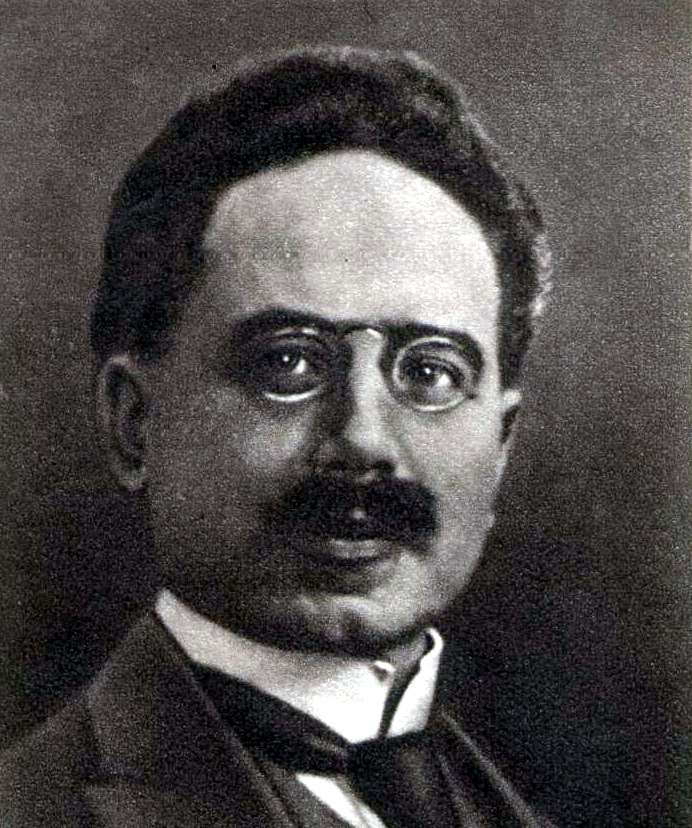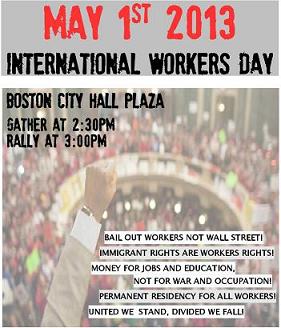***Honor Those Who Fought On The Republican Side In The Spanish Civil War -1936-1939
This is the 76th Anniversary of the May Barcelona Uprising in the Spanish Civil War-the last chance to save the Spanish Revolution
I have been interested, as a pro-Republican partisan, in the Spanish Civil War since I was a teenager. What initially perked my interest, and remains of interest, is the passionate struggle of the Spanish working class to create its own political organization of society, its leadership of the struggle against Spanish fascism and the romance surrounding the entry of the International Brigades, particularly the American Abraham Lincoln Battalion of the 15th Brigade, into the struggle.
Underlying my interests has always been a nagging question of how that struggle could have been won by the working class. The Spanish proletariat certainly was capable of both heroic action and the ability to create organizations that reflected its own class interests i.e. the worker militias and factory committees. Of all modern working class revolutions after the Russian revolution Spain showed the most promise of success. Bolshevik leader Leon Trotsky noted that the political class consciousness of the Spanish proletariat was higher than that of the Russian proletariat in 1917. Yet it failed in Spain. Trotsky's writings on this period represent a provocative and thoughtful approach to an understanding of the causes of that failure. (See May 2006 archives for a review of his work on the Spanish Revolution). Professor Payne’s work under review here on the pro-Republican and left wing parties in that revolution fills out in detail the relationship of the various leftist forces from the abdication of the king in 1931 through the victory by Franco in 1939. Properly used they provide very strong ammunition for Trotsky’s political conclusions.
Professor Payne rightly explores the long dominance of anarchism and anarcho-syndicalism in Spain and its hold over the organized working class, both industrial and rural, up to the time of the revolution. Its history of apoliticism and localism left it ill- prepared to lead a revolution and in one of those ironies of history it joined a very bourgeois Popular Front government against all its so-called theoretical intransigence. Payne also notes the tensions in the Socialist Party that resulted from both Spanish conditions and the general European political scene after the defeat of the German working class by Hitler. It was this tension between the reformist and revolutionary sections of many European socialist parties that Trotsky noted and led to his tactic of entry into those parties in order to split out a new international revolutionary organization. The professor also gives plenty of space to the vanguard role of Catalonia in Spanish developments including the equivocal role of the anti-Stalinist pro-communist Party of Marxist Unification (POUM). Most importantly, he charts the dramatic rise of the Stalinist Communist Party, agent of the Comintern and Soviet foreign policy, as the backbone of the political, security and military establishment of the Popular Front government. In the end, of course, as we know their role was not merely anti-revolutionary but counter revolutionary.
Professor Payne’s political position seems to be that somehow, somewhere a democratic republic could have been forged out of the welter of parties fighting for power in Spain. That is the thread that runs through the book. Thus, the lessons he wants to draw are very different from those we want to draw. Fair enough. If we only used favorable left-wing sources we would have a rather skewed look at history. Nevertheless in his presentation Professor Payne keeps hammering on the point that the forces he hoped would have succeeded were not there or were not up to the task. And as 1936 approached that situation only got worst. That, my friends, although Professor Payne does not recognize it is what the pre-conditions for revolutionary action are all about. Spanish society was splitting up and it was either socialism or the Spanish version of fascism. To our sorrow, fascism won. Spain represented the last best opportunity for a straight up socialist revolution in Europe. Thus the events there bear careful study. Especially a study of the left-wing forces. Needless to say, as with all older historical works, much new information has surfaced in the post-Franco period and the scholarly literature on the period has exploded but as a general study of the leftist parties, their programs and their policies it holds up very well. Take advantage of that fact. Yes, read Hugh Thomas for a general history of the revolution. Yes, read Trotsky for the politics. But also read this book.
BOOK REVIEW
THE SPANISH REVOLUTION, STANLEY G. PAYNE, W.W. NORTON&CO., NEW YORK, 1970
This is the 76th Anniversary of the May Barcelona Uprising in the Spanish Civil War-the last chance to save the Spanish Revolution
I have been interested, as a pro-Republican partisan, in the Spanish Civil War since I was a teenager. What initially perked my interest, and remains of interest, is the passionate struggle of the Spanish working class to create its own political organization of society, its leadership of the struggle against Spanish fascism and the romance surrounding the entry of the International Brigades, particularly the American Abraham Lincoln Battalion of the 15th Brigade, into the struggle.
Underlying my interests has always been a nagging question of how that struggle could have been won by the working class. The Spanish proletariat certainly was capable of both heroic action and the ability to create organizations that reflected its own class interests i.e. the worker militias and factory committees. Of all modern working class revolutions after the Russian revolution Spain showed the most promise of success. Bolshevik leader Leon Trotsky noted that the political class consciousness of the Spanish proletariat was higher than that of the Russian proletariat in 1917. Yet it failed in Spain. Trotsky's writings on this period represent a provocative and thoughtful approach to an understanding of the causes of that failure. (See May 2006 archives for a review of his work on the Spanish Revolution). Professor Payne’s work under review here on the pro-Republican and left wing parties in that revolution fills out in detail the relationship of the various leftist forces from the abdication of the king in 1931 through the victory by Franco in 1939. Properly used they provide very strong ammunition for Trotsky’s political conclusions.
Professor Payne rightly explores the long dominance of anarchism and anarcho-syndicalism in Spain and its hold over the organized working class, both industrial and rural, up to the time of the revolution. Its history of apoliticism and localism left it ill- prepared to lead a revolution and in one of those ironies of history it joined a very bourgeois Popular Front government against all its so-called theoretical intransigence. Payne also notes the tensions in the Socialist Party that resulted from both Spanish conditions and the general European political scene after the defeat of the German working class by Hitler. It was this tension between the reformist and revolutionary sections of many European socialist parties that Trotsky noted and led to his tactic of entry into those parties in order to split out a new international revolutionary organization. The professor also gives plenty of space to the vanguard role of Catalonia in Spanish developments including the equivocal role of the anti-Stalinist pro-communist Party of Marxist Unification (POUM). Most importantly, he charts the dramatic rise of the Stalinist Communist Party, agent of the Comintern and Soviet foreign policy, as the backbone of the political, security and military establishment of the Popular Front government. In the end, of course, as we know their role was not merely anti-revolutionary but counter revolutionary.
Professor Payne’s political position seems to be that somehow, somewhere a democratic republic could have been forged out of the welter of parties fighting for power in Spain. That is the thread that runs through the book. Thus, the lessons he wants to draw are very different from those we want to draw. Fair enough. If we only used favorable left-wing sources we would have a rather skewed look at history. Nevertheless in his presentation Professor Payne keeps hammering on the point that the forces he hoped would have succeeded were not there or were not up to the task. And as 1936 approached that situation only got worst. That, my friends, although Professor Payne does not recognize it is what the pre-conditions for revolutionary action are all about. Spanish society was splitting up and it was either socialism or the Spanish version of fascism. To our sorrow, fascism won. Spain represented the last best opportunity for a straight up socialist revolution in Europe. Thus the events there bear careful study. Especially a study of the left-wing forces. Needless to say, as with all older historical works, much new information has surfaced in the post-Franco period and the scholarly literature on the period has exploded but as a general study of the leftist parties, their programs and their policies it holds up very well. Take advantage of that fact. Yes, read Hugh Thomas for a general history of the revolution. Yes, read Trotsky for the politics. But also read this book.

